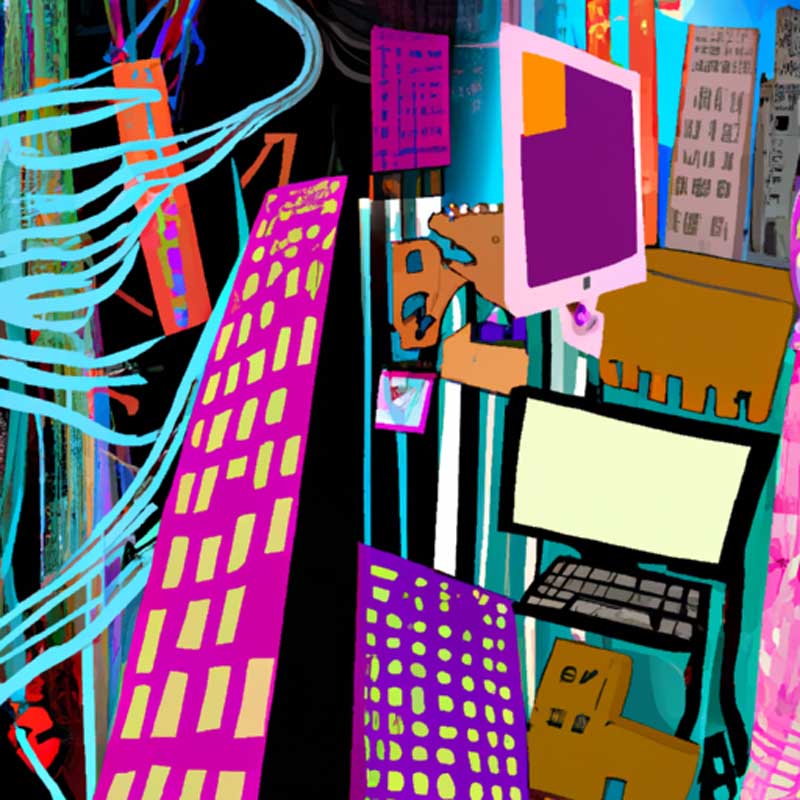- Automation and advances in AI are leading to a future where jobs might become obsolete due to machines taking over tasks traditionally performed by humans.
- Italian philosopher Maurizio Ferraris suggests that in a world dominated by automation, human activities will center on the consumption of goods and services.
- Many experts envision a potentially complicated transition period marked by high unemployment rates and a growing need for worker training.
- Some suggest establishing a universal basic income financed by a tax on digital platforms that profit from the data produced by our interactions on the web.
Notable figures like Elon Musk have predicted scenarios where artificial intelligence (AI) could take over all tasks. But with every economic revolution having always created more jobs than they destroyed, the question is: What would the millions of people pushed to the periphery of the labor market do with their time?
The answer, according to Italian philosopher Maurizio Ferraris, lies in consumption. In his book Doc-Humanity (2022), Ferraris argues that the primary human activity in an automated future will be the consumption of goods and services, an activity that machines will never be able to perform. To optimize machine production, he says it’s essential to understand and predict human consumption behaviors.
Yet, this AI-centered future might not be so straightforward. While automation has mostly affected manual or industrial jobs, white-collar roles are also at risk due to advances in generative AI. Additionally, it’s unclear whether jobs created by new technology will balance out those lost to automation. High unemployment rates and a growing need for worker training could mark a challenging transition period. A potential solution could be a universal basic income financed by a tax on digital platforms that profit from our data.
Interestingly, younger generations seem to be rejecting the traditional work ethic. Surveys indicate that a significant portion of young people would leave jobs that don’t ensure a quality of life. This shift might require political and social changes as conventional work structures could become less popular.
A central challenge in a post-work world is redefining identity and life purpose, traditionally tied to our jobs. While work provides identity, culture, recognition, purpose, and achievement, these can potentially be found outside employment. With automation and AI reshaping the future of work, it seems the time has come to reimagine our relationship with labor and its role in our lives.
